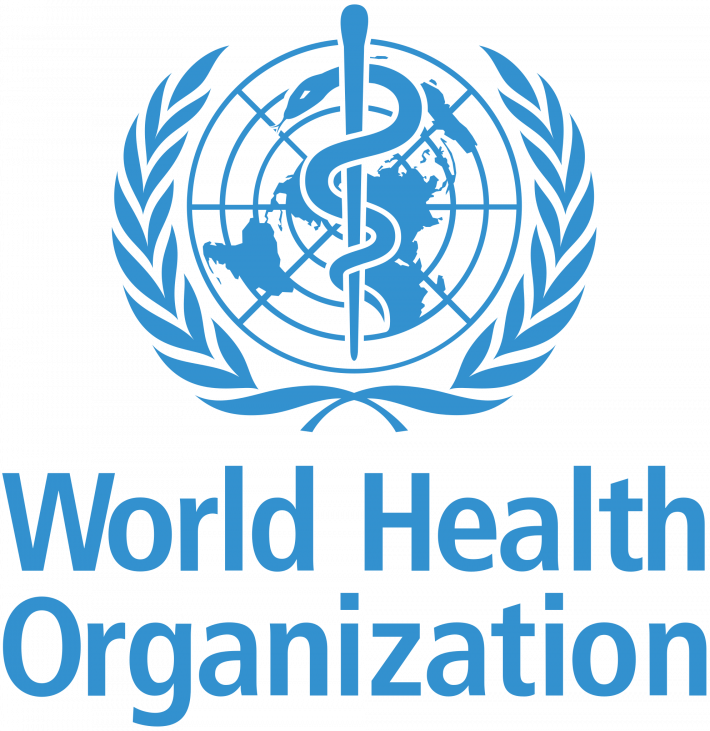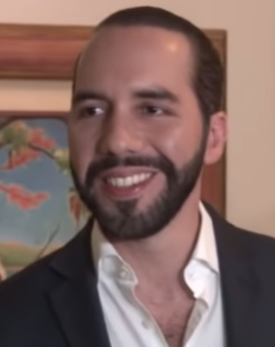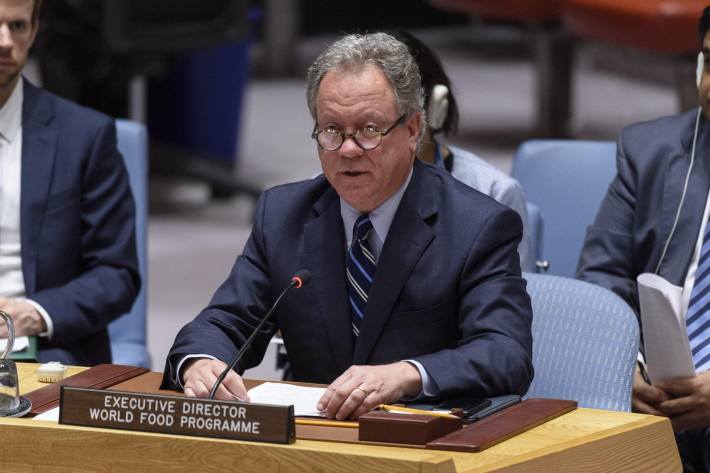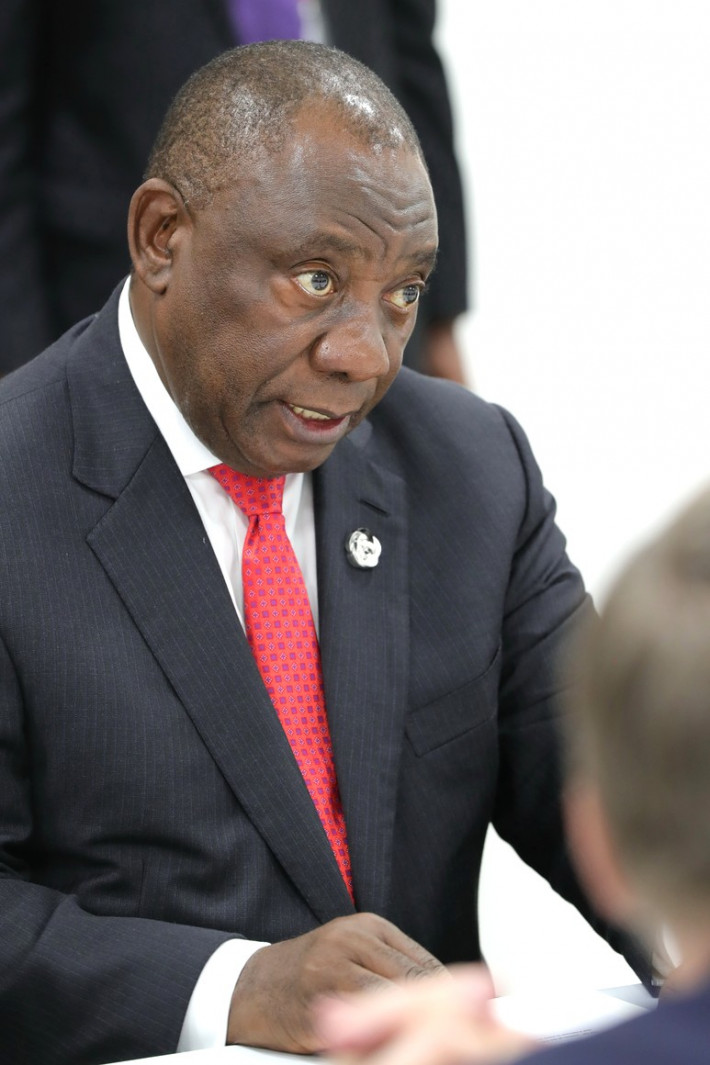Fauci: 99.2% of June U.S. COVID Deaths Were Unvaccinated People
July 8, 2021 (EIRNS)–The ideological insanity of people who either refuse to get COVID-19 vaccines, or who preach to others not to get the vaccine, is producing a forecastable result: death from SARS-CoV-2.
On July 4, Dr. Antony Fauci, director of the U.S. National Institute of Allergy and Infectious Diseases, appeared on the NBC News Meet the Press program. Host Chuck Todd asked Dr. Fauci,
“It’s disconcerting to realize that we have had nearly 10,000 people die of COVID in this most recent month that we completed in June. How preventable were each one of those deaths? And how many of them were unvaccinated?”
Fauci responded, “Well, if you look at the number of deaths [in June], about 99.2% of them are unvaccinated. About 0.8% are vaccinated. No vaccine is perfect. But when you talk about the avoidability of hospitalization and death, Chuck, it’s really sad and tragic that most all of these are avoidable and preventable… The overwhelming proportion of people who get into trouble are the unvaccinated. Which is the reason why we say this is really entirely avoidable and preventable.”
Fauci continued: “Over the decades that I’ve been doing this, you’re frustrated because you have diseases where you don’t have an appropriate countermeasure, be it prevention or a treatment. And then when you have a situation like you have today, where you have a formidable enemy in the virus that has tragically really disrupted our planet now for about a year and a half, destructive — destroyed economies, ….and yet we do have a countermeasure that’s highly, highly effective. And that’s the reason why it’s all the more sad … And whatever the reasons, … some of them are ideologic, some of them are just fundamentally anti-vax or anti-science or what have you. But, you know, we just need to put that aside now. We’re dealing with a historic situation with this pandemic. And we do have the tools to counter it.”
He added that, “There are people throughout the world who would do anything to get vaccines.”
On July 1, at a briefing at the White House by the White House COVID-19 Response Team, Dr. Rochelle Walensky, director of the Centers for Disease Control, said, “Preliminary data from a collection of states over the last six months suggest 99.5% of deaths from COVID-19 in these states have occurred in unvaccinated people.” Even though this covered a period at the beginning of the year when vaccines were not generally available, the numbers remain impressive.

















